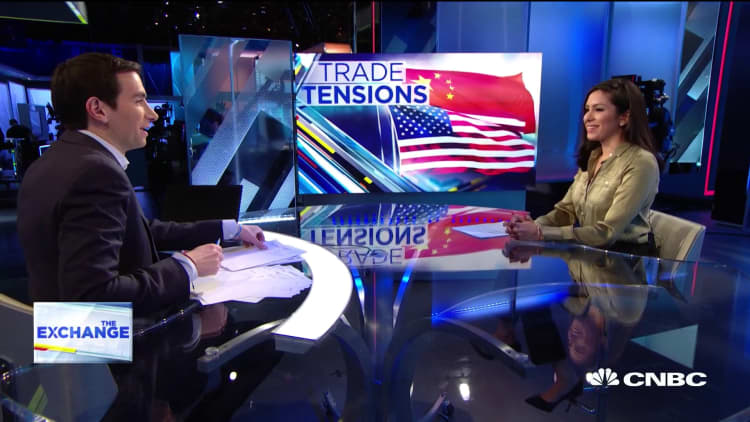Procter & Gamble skin care brand Olay said Wednesday it will stop retouching skin in its advertising by 2021.
As part of the commitment, which Olay announced at an event in New York on Wednesday, the company will kick off a new print campaign called "My Olay" featuring unretouched images of Busy Philipps, Denise Bidot and Lilly Singh. Olay works with ad agency Badger & Winters, which made Olay's recent Super Bowl ad featuring all women.
Olay's "Skin Promise" mark will appear on ads in the U.S. and Canada to show that the skin on women featured has not been retouched, the company said. The "Skin Promise" will expand to all of the brand's ads on print, digital, out-of-home and with influencer partners by 2021.
Kate DiCarlo, Olay's senior communications leader, said during a panel at the announcement that the company had tested out the new no-retouching policy in its Super Bowl ad. "We tested ourselves with the Super Bowl shoot. Our Super Bowl shoot was also unretouched," she said.
DiCarlo spoke about the role of social media content in perpetuating a culture of perfection and Olay's hope of filling feeds instead with posts promoting positivity, confidence and strength.
"We are willing to walk away from influencers that are not interested in producing content that meets these standards," she said.
Brands have been criticized in the past for editing photos in ad imagery. Just over 10 years ago, Olay came under fire in the U.K. for a magazine ad for a beauty product featuring English model and actress Twiggy, which the company admitted had been retouched. Unilever and its agency Ogilvy & Mather came under similar scrutiny after claims that it too had retouched photos of models as part of a "Real Beauty" ad campaign for Dove (Unilever later told Ad Age that photos in one campaign had been altered to "remove dust and do color correction," but not to change the "women's natural beauty").
But in the years since, some companies have been moving away from altered photos in their ad imagery. CVS Pharmacy said in January 2018 it would require disclosure for beauty imagery that has been "materially altered" by the end of 2020. It also introduced a "Beauty Mark," or watermark to show imagery that had not been materially altered, referring to changing a person's size, shape, proportion, skin color, eye color, wrinkles or other characteristics. Olay says its new standards align with those of CVS' "Beauty Mark."
In 2018, Dove launched its "No Digital Distortion Mark" for all branded content globally to represent that images are not altered to make changes such as removing wrinkles or cellulite (though it says it can remove a few things, such as lipstick or food particles from teeth). The company made its Dove Real Beauty Pledge in 2017 to declare that it never makes alterations to distort the physical appearance of the people in its ads or brand visuals.
Other companies have seen success with Photoshop-free ad imagery, including American Eagle's Aerie, which started running campaigns with unedited photos of models in 2014. The brand's body-positive messaging helped it gain ground from competitor Victoria's Secret.
During the panel, actress Philipps spoke about working with the brand after images of her had been edited in the past.
"Contractually, I am not allowed to have Botox or filler," she said. "They're not only just not retouching, but this is my face as it's lived and as it is, and I'm really proud of that. I love that part of the contract. So when I saw that, I knew they're really serious about representing lots of different women at different ages with different types of skin, and that's what I would like to be a part of."



